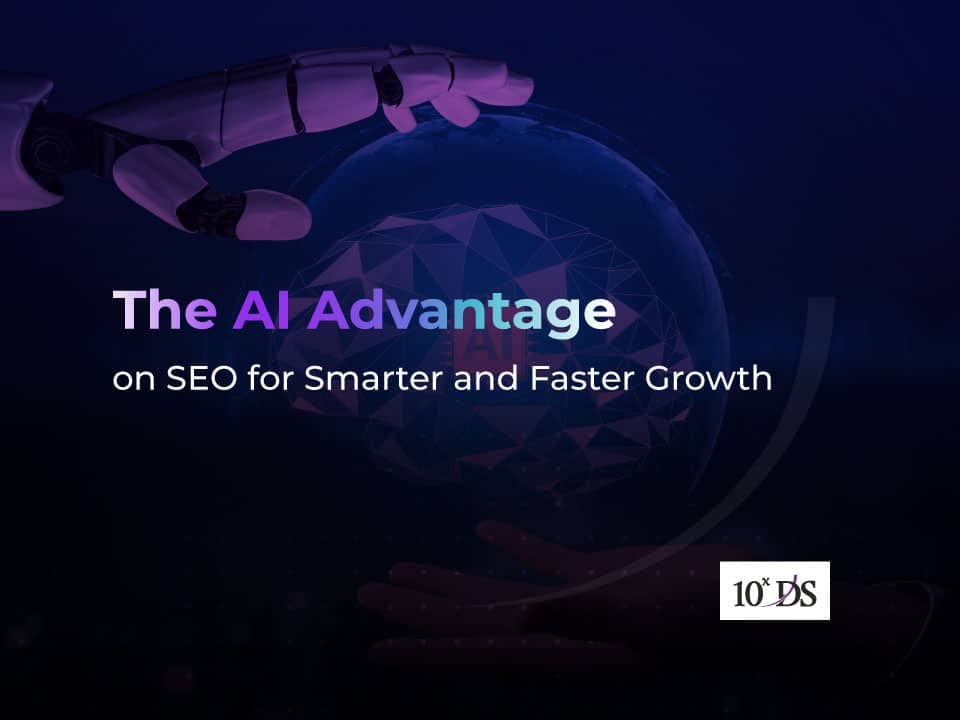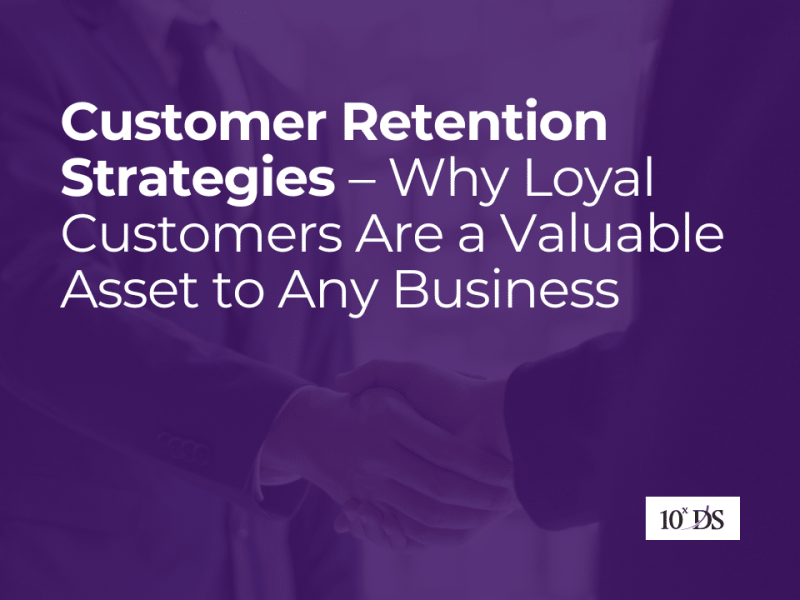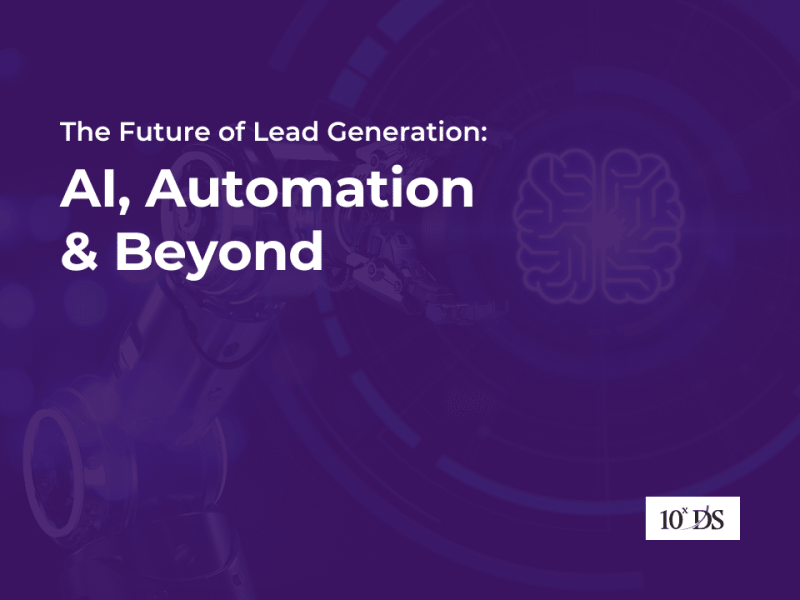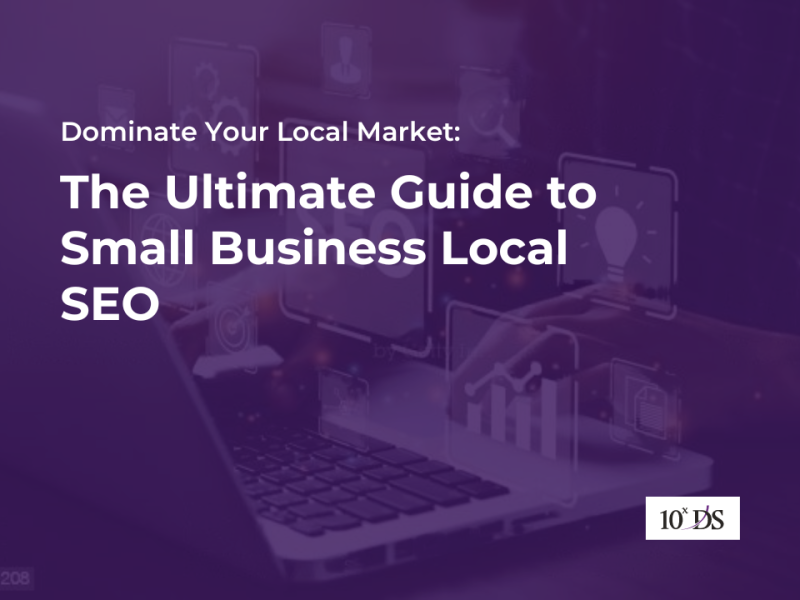
The AI Advantage on SEO for Smarter and Faster Growth
Recently 99firms reported that around 93% of all web traffic is via a search engine and 98% of all internet users use a conventional search engine at least once a month. So, if any business wants to be seen by these prospect customers, their websites need to rank higher in search engine results. That is the reason for consistent Search Engine Optimization (SEO) efforts by businesses. By optimizing website content and structure, SEO improves the user experience, boosts online credibility, and leads to higher conversions and business growth. Artificial Intelligence (AI) plays a significant role in enhancing Search Engine Optimization (SEO) efforts. Here’s how AI helps in SEO.
1. Keyword Research
AI-powered tools can analyse vast amounts of data to identify relevant keywords and search queries that align with user intent. These tools use natural language processing (NLP) algorithms to understand the context and semantics of search queries, enabling SEO professionals to optimize their content with the most effective keywords.
2. Content Creation and Optimization
AI can assist in generating high-quality content that aligns with SEO best practices. AI-powered content creation tools can analyse existing content, identify gaps, and generate relevant and engaging content suggestions. These tools can also help optimize content by providing insights on keyword usage, readability, and relevance.
3. On-page Optimization
AI can assist in optimizing on-page elements such as meta tags, headings, and image alt text. AI-powered tools can analyse content and make suggestions for optimizing these elements to improve search engine visibility and user experience.
4. Natural Language Processing (NLP)
NLP algorithms enable AI systems to understand the meaning and context of content. This helps search engines better interpret and index web pages, leading to improved search rankings. NLP also aids in understanding user queries, allowing search engines to provide more relevant search results.
5. User Experience (UX) Optimization
AI can help optimize user experience on websites, which is an important factor in SEO. AI-powered tools can analyse user behaviour data, such as click-through rates, bounce rates, and session durations, to identify areas for improvement. This information can be used to enhance website design, navigation, and overall user experience.
6. Rank Tracking and Analysis
AI-powered SEO tools can track keyword rankings, monitor website performance, and analyse search engine result pages (SERPs). These tools provide valuable insights into ranking fluctuations, search trends, and competitor analysis, allowing SEO professionals to make data-driven decisions and adjust their strategies accordingly.
7. Personalization and Voice Search
AI technologies enable personalization and voice search optimization. AI algorithms can analyse user data and preferences to deliver personalized search results. Additionally, AI-powered voice assistants like Siri, Google Assistant, or Alexa utilize AI to understand and respond to voice-based queries, impacting SEO strategies for voice search optimization.
It’s important to note that while AI offers valuable capabilities for SEO, human expertise is still essential. AI should be used as a tool to augment and enhance SEO efforts, allowing SEO professionals to make informed decisions and implement effective strategies based on the insights provided by AI-powered tools. There are several AI-powered tools available in the market that can assist with various SEO activities. Here are few examples but the market offers a wide range of AI-powered SEO tools with varying features and capabilities. It’s important to evaluate the specific needs of your SEO strategy and choose tools that align with your objectives and requirements.
SEMrush: SEMrush offers a suite of AI-powered SEO tools that can help with keyword research, backlink analysis, competitor research, and on-page optimization. It provides insights and recommendations to improve website visibility and search rankings.
Moz: Moz provides AI-driven tools for keyword research, link analysis, on-page optimization, and site auditing. It offers features like Moz Pro and Moz Local to help optimize websites for search engines and local search.
Ahrefs: Ahrefs is an AI-powered SEO tool that assists with keyword research, backlink analysis, competitor research, and content optimization. It provides comprehensive data and insights to improve search rankings and organic traffic.
Google Search Console: Google Search Console, provided by Google, offers a range of AI-driven tools for website owners and SEO professionals. It helps monitor website performance, track keyword rankings, identify crawl errors, and optimize website visibility in Google search results.
Yoast SEO: Yoast SEO is a popular WordPress plugin that offers AI-powered features for on-page optimization. It provides real-time content analysis, readability checks, and suggestions to improve SEO-friendliness of web pages.
BrightEdge: BrightEdge is an AI-powered platform that assists with content optimization, keyword tracking, competitor analysis, and reporting. It provides data-driven insights to help improve organic search performance.
CognitiveSEO: CognitiveSEO is an AI-driven SEO tool that focuses on backlink analysis, content auditing, and competitor research. It offers actionable insights to optimize link building strategies and improve website authority.
Conclusion
The integration of AI in SEO enables businesses to work smarter and faster in their digital marketing efforts. AI-powered tools assist in keyword research, content optimization, on-page analysis, and competitive research, providing valuable insights and recommendations for improving search rankings and driving organic traffic. By leveraging AI for SEO, businesses can gain a competitive edge, enhance their online visibility, and achieve better results with greater efficiency, allowing them to stay ahead in the dynamic landscape of digital marketing.
Talk to our experts to know more.


